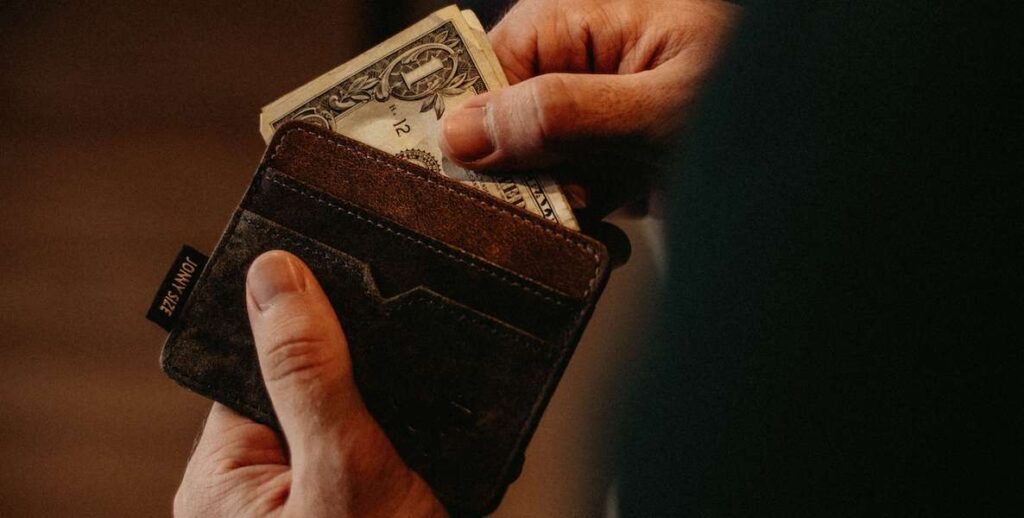Poverty is a frequent and pervasive problem across developing countries. The most common way that poverty is addressed is for large donors and donor countries to give money to international non-governmental organizations. Those NGOs then manage the money, fundraise and implement programs through partner organizations in the developing countries. These poverty eradication programs mostly focus on delivering goods or services, building infrastructure, or providing training.
However, there is now a growing body of evidence that shows that unconditional cash transfers, where money is given directly to those in need with no strings attached, can make substantially more positive impact on the poor than the traditional NGO model. Organizations like GiveDirectly take money from donors and give it—you guessed it—directly to the poor.
GiveDirectly first identifies extremely poor communities in the developing world. They use a range of factors like house size, assets and vulnerable recipients’ status to determine the eligibility of a recipient. The recipient can then spend it on whatever they decide. For example, one rural Kenyan received almost $1,000 from GiveDirectly; she’s used the funds to complete her education, pay for food and buy a goat for her husband.
Dominant stereotypes hold that poor households will use such cash infusions for vices like drugs or alcohol. But studies have actually shown the opposite to be true: Cash transfer programs like the one adopted by GiveDirectly have had positive impact on the health and wellbeing of the recipients, and recipients have been able to turn their grants into increases in future income. GiveDirectly currently is attempting to expand its scope and is in the middle of organizing an ambitious 12-year experiment to test the impact of different models of basic income in Kenya.
Read the full story here (Via Business Insider Australia)
RELATED
Generation Change Philly: The Intergenerational Poverty Buster

